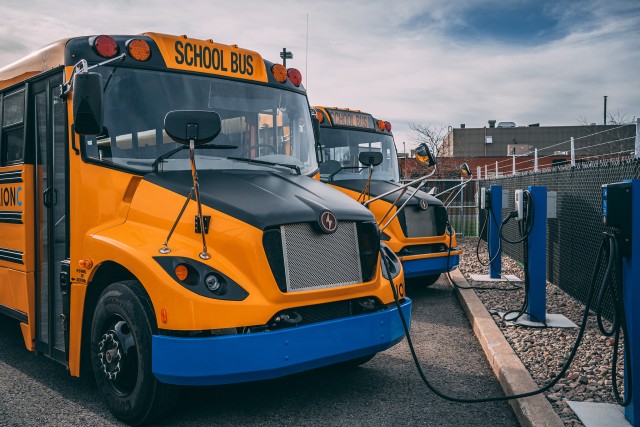Road freight keeps the economy moving, and the medium- and heavy-duty auto sector has a unique opportunity to benefit from electrification. Lower operating costs, reduced maintenance and long-term energy savings make electric fleets a smart investment. At the same time, they help businesses stay competitive by stabilizing fuel costs and improving long-term profitability. Through data-led analysis and sector-wide engagement, we find solutions that put fleet electrification within reach.
Transportation
We advocate for smart policies that support the transition to an electric transportation future.
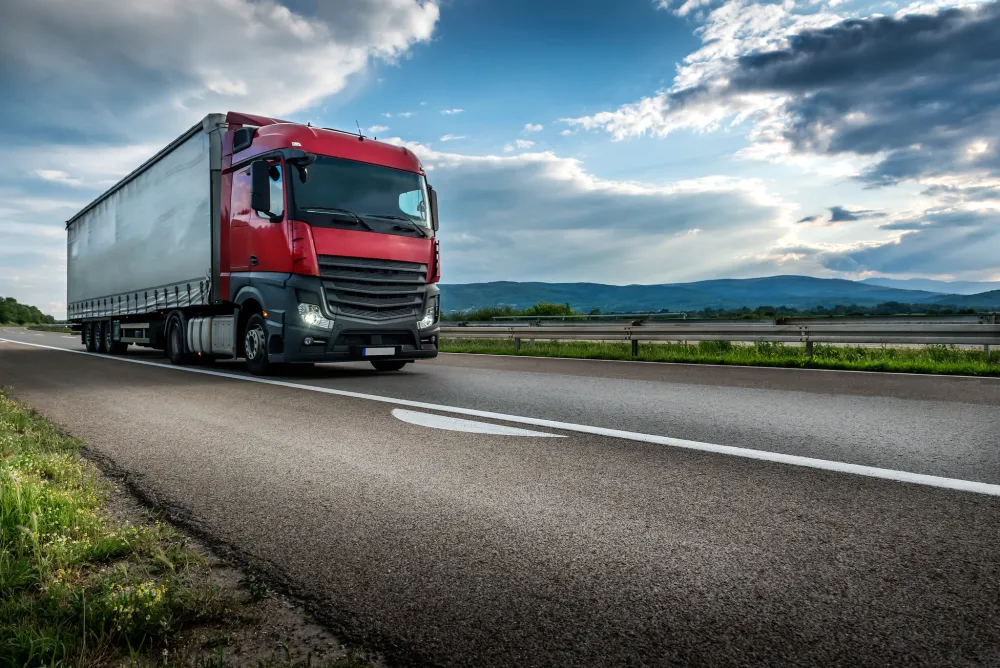
New policies could significantly reduce fleet emissions
Our recommendations would see commercial fleet emissions drop by up to 80% by 2050 relative to 2020 levels. (Pembina Institute modelling; see Canada’s Pathway to Net-Zero for Medium-and Heavy-Duty Trucks and Buses; Part 1: Zero-Emission Vehicles (2023))
Key numbers
Helping Fleets Charge
Barriers and solutions for charging electric medium- and heavy-duty vehicles in Ontario.
Find out more.Research & Analysis

Electric Vehicle Availability Standard
Pembina Institute submission to Environment and Climate Change Canada

Canada needs a strong EV market to secure future jobs
Electric vehicles draw on the sectors where Canada already has natural advantages: critical minerals, battery components, vehicle assembly, and maintenance.

CleanBC review shows plan is working, clean energy is path to strong economy
Growing supply of clean electricity remains biggest opportunity for affordability, jobs, energy security, climate

Climate as a lever to deliver on emerging Canadian priorities
Climate action is the answer to Canadians’ most pressing concerns

New major projects have potential to be “climate competitive”
Federal policy consistency key to achieving economic, climate goals
Budget 2025 sets stage for climate-competitive Canada
Actions that grow and support clean sectors most likely to result in lasting economic, security, climate and affordability benefits
Why work on transportation?
Electrifying transportation today means a more affordable and sustainable future tomorrow.
Canada’s expansive network of roads and highways are full of medium- and heavy-duty vehicles, transporting freight and people from A to B. This sector of the auto industry has grown significantly over the last 20 years and is now the second largest source of carbon pollution. However, shifting to electric transportation offers substantial economic advantages by lowering operational costs, improving fleet efficiency and creating new opportunities in the clean energy sector.
Our Transportation program has been following the trend. Reducing emissions from Canada’s second-largest source of carbon pollution will not only reduce oil demand, it will also improve air quality and benefit public health.
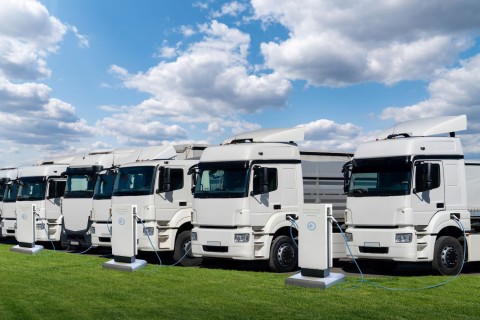
From policy to action
We push for strategies and policies that will advance cleaner, more efficient freight transportation. However, our work doesn’t end with a set of recommendations. Our team is solutions-oriented: implementation is our measure of success. We hold decision-making bodies to account and present solid analysis that will lead to a net-zero EV future.
Shifting away from emission-heavy vehicles requires knowledge sharing, raising awareness and behavioural change. That’s why we collaborate with governments, engage in stakeholder outreach, and establish industry partnerships. Bringing all parties to the table leads to meaningful changes on the ground.

Our research
Our research aims to accelerate this transition for the medium- and heavy-duty vehicle sector, and includes:
- Grid readiness: A successful transition to electrification requires sufficient charging and re-fuelling infrastructure, and an energy grid that can provide enough power to meet increased demand.
- Electric school buses: We are currently working with provinces across Canada to support the electrification of provincial school bus fleets.
- Alternative transportation: In cities, the use of other modes of transportation (such as cargo e-bikes) can reduce air pollution and improve public health.
- Low-carbon fuels: Replacing combustion engine vehicles with battery-electric models is not a viable option for every kind of truck. As fleets transition to net-zero, the use of low-carbon fuels will decrease the sector’s carbon intensity.
- Community outreach: Raising awareness for small and under-resourced fleet operators so they can benefit from fleet electrification.

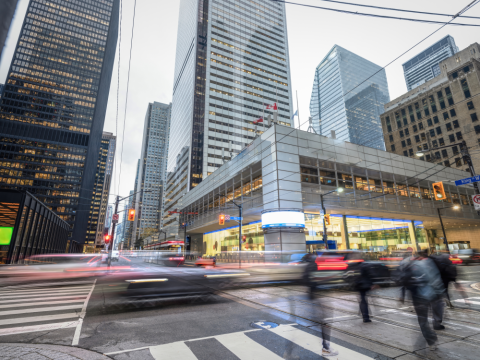

This national network of businesses has come together to create and grow a low-carbon urban freight system. The coalition collectively employs more than 100,000 Canadians and operates more than 24,000 vehicles across the country, delivering goods to businesses and people.
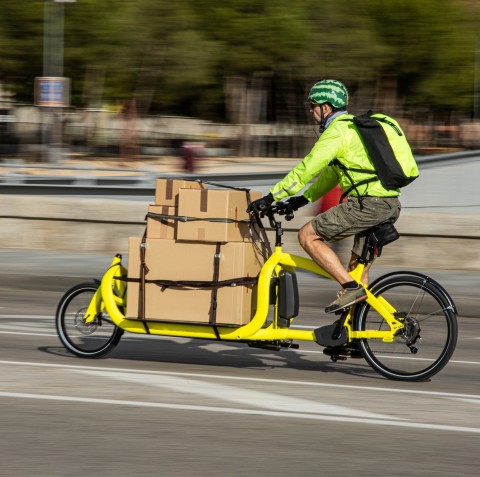
The Pembina Institute’s Urban Freight Data Hub is a publicly accessible digital hub that amalgamates existing urban freight data from Canada’s largest cities and makes it easily available to city planners, policy practitioners, and researchers.
Spotlights on transportation solutions
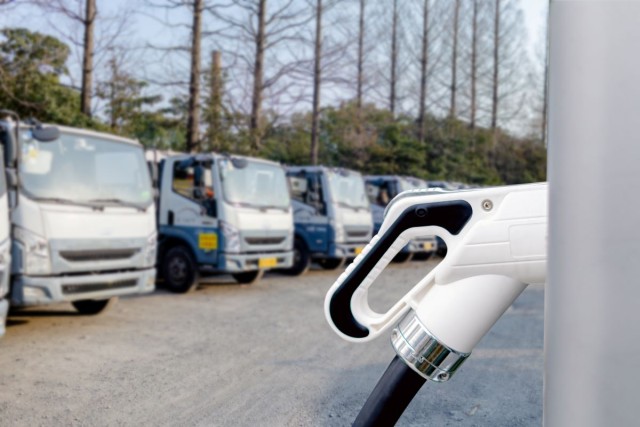
ZeroX2040: A strategy to decarbonize medium- and heavy-duty vehicles
How can Canada transition medium- and heavy-duty fleets from fossil-fuel dependency to a carbon-neutral transportation system? With input from industry representatives, government decision-makers, and small-scale owners and operators, we developed our ZeroX2040 strategy offering a roadmap to an EV future.
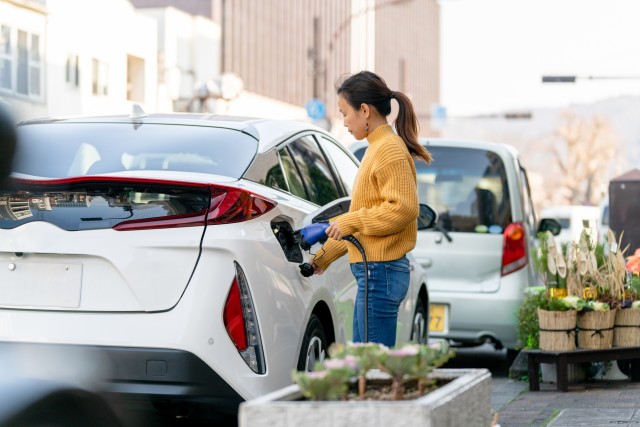
Women delivering electric
Through our work with Women in Fleet Transformation, we are not only leading efforts toward more environmentally sustainable business practices but also supporting the women running those businesses.
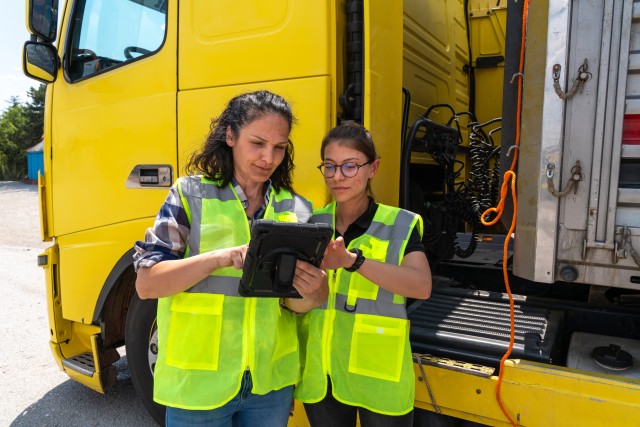
Moving to Electric
The way that goods and services are transported is quickly changing across the world. The Moving to Electric resource is designed to support small fleet owners in making the switch to electric vehicles.

Contact our transportation team

Program Director
Adam Thorn
c: 416-859-4108
e: adamt@pembina.org
Media Contact
Lejla Latifovic (Eastern Time)
c: 819-639-4185
e: lejlal@pembina.org
Get our Pembina Perspectives
Pembina Perspectives provides thoughtful, evidence-based research and analysis to support action on climate — in your inbox every two weeks.
We endeavour to protect your confidentiality; read our full privacy policy.
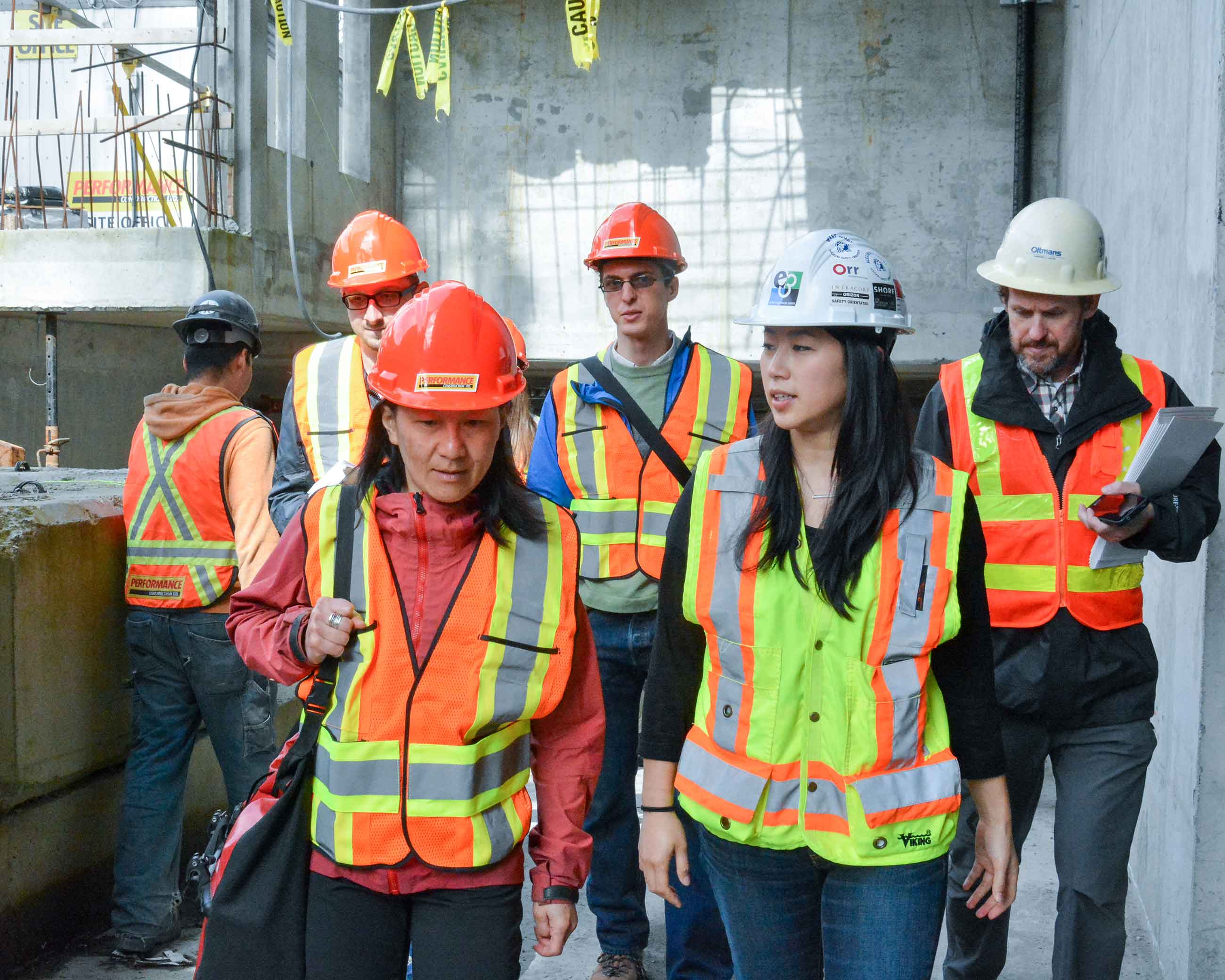
Support clean energy transportation
Help Canada move towards a clean and equitable transportation system.

